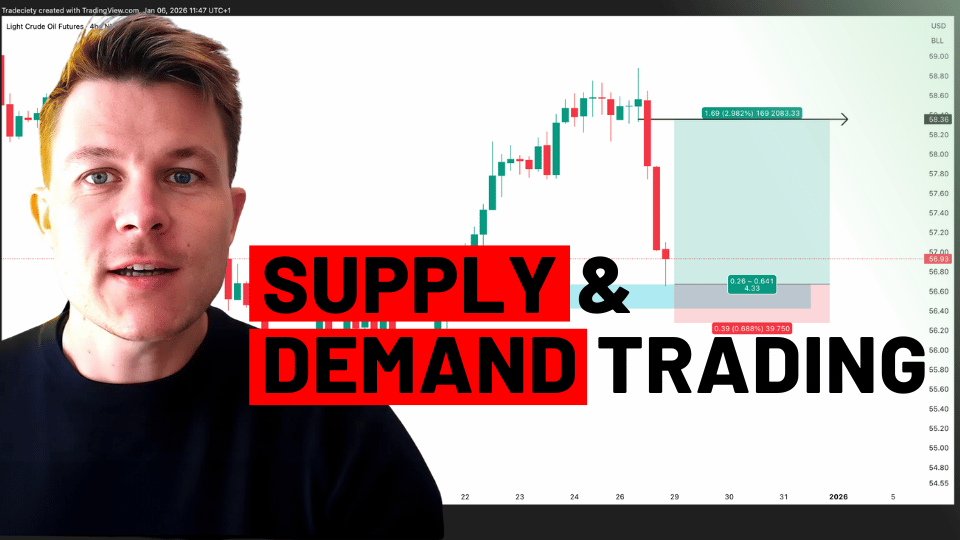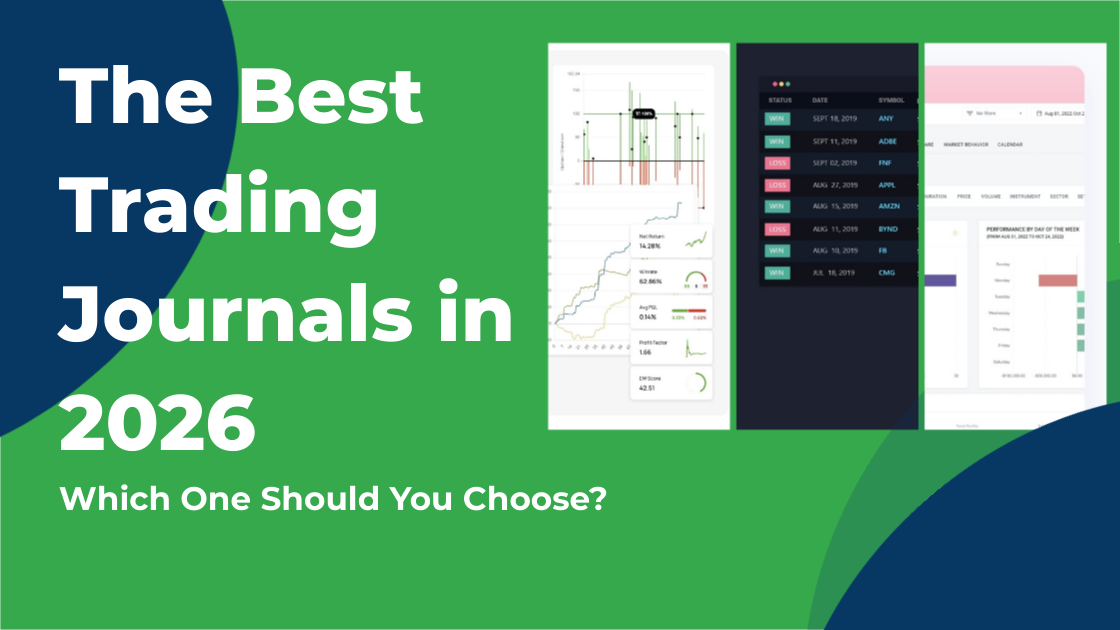Supply and Demand Trading in 2026
We have been trading supply and demand strategies for over ten years, and they have stood the test of time remarkably well. Supply and demand is...

I know that this is a sensitive topic but I stand by my word and I strongly believe that demo trading for too long will actually harm your trading – sometimes, demo trading for too long will make profitable trading impossible.
In this article I will highlight the most important points you need to know about demo trading and how to make sure that you are not ruining your trading style forever.
There is certainly a place for demo trading and especially new traders should stay on demo for the first time (take our free beginners course). The purposes of demo trading are:
If you are completely new, you need to stay on demo and figure those things out. It’s essential that once you move to live trading, you are familiar with all the basics and the mechanics so that you can focus on the live trading markets.
Now things get tricky and we’re going against the general trading recommendations. But then again, if 99% of traders read the same books and follow the same advice and 99% get the same bad results, maybe it’s time to overthink the general approach!?
The purpose of a demo trading account is NOT learning how to trade profitabl. Profitable demo results will NEVER lead to consistent live trading results.
If you are starting with a new trading system, then it might be OK to stay on demo for a few weeks to understand the system and the signals. When trading with a new system, you have to train your pattern recognition skills and you need to be able to identify a good setup. You don’t even need a demo account here, you can simply watch the charts and mark good signals and collect screenshots and data. Or you can use a backtesting software to speed up the process. However, you do not attempt to trade profitably on demo and all you need to do is try to develop a feel for the system, the new patterns and the new signals.
Once you are comfortable with spotting trades in your system, it’s time to move on to live trading.
It’s important that you don’t stay too long on your demo account and you need to start trading live sooner than you probably think. Most traders try to first become profitable on demo before going live. This is non-sense because demo results don’t matter. And we’re coming to the juicy part of this article now:
Reason 1: demo tradding has no consequences
When you’re trading on demo, your actions have no real consequences. A demo loss isn’t nice but it doesn’t hurt like losing real money.
When becoming a better trader, you need to feel the consequences of your actions and you have to take full responsibility for your mistakes if you want to grow. It’s just too easy in demo trading to just forget about the last account blow-up and refund a new demo account.
Reason 2: demo trading has no emotions
Emotions and trading psychology are maybe the most important aspect of profitable trading and what separates the professional winning trader from the losing amateur is how he handles his emotions. In demo trading, the impacts of emotions are not present and the pressure that comes from seeing unrealized profits vanish when price turns, when widening the stop loss burns a hole in your account or when the current losing streak ate up all of your previous profits will not matter that much in demo, whereas in live trading it can break a trader.
I regularly see traders switch from demo trading to live and then their previous profitable track records get completely crushed. They often falsely believe that the market has changed but more often than not, they weren’t prepared for the impacts of live trading psychology.
Reason 3: Demo traders gamble
This is now a very serious and dangerous problem of demo trading. I have seen quite a few traders who martingaled their demo account from $1,000 to $1,000,000 or constantly added to losses just to find out that they could sometimes turn a loss into a big win. When a traders tries such harakiri manoeuvers on his demo account and then sees that it might work for a certain period, he is more likely to also do it on his live account.
Especially when a trader has seen that he could potentially make a lot of money with a risky technique, he is likely to keep funding live account after live account because just one good streak will pay for all the blown up accounts. This has nothing to do with trading anymore and such a person is just a pure gambler.
Reason 4: You cannot treat demo like a live account!
Traders will often say things like “I just treat my demo account like a live account” or “I will treat my $100 account like a big $10,000 account”. Unfortunately, you cannot fool yourself so easily. You will always KNOW that you’re just on demo or that your 1% loss on a $100 account is just $1 and not $100 like on a $10,000 account.
All the good intentions go out the window once you hit the first wall in your live trading, you’ll revert back to your old impulsive trading behavior because “you’re just on demo anyway and it doesn’t really matter that much”.
Reason 5: Demo trading will ruin your trading
The previous 4 points all lead to this one: a trader who stays on demo for too long will eventually ruin his trading style and it then becomes very hard to unlearn his negative behavior.
After a few months on demo, especially if you have never traded live before, you will translate everything you have done on demo 1:1 to your live account. If you have been undisciplined, unstructured and all over the place with your risk and your general approach, your live account will quickly bleed out because you don’t know any better and this is normal for you. It is very hard to unlearn the bad behavior and most traders will just go back to demo and keep repeating the same old cycle.
I know this is a lot to swallow for most because it challenges most of what you have learned so far. Thus, I want to provide some tips around demo trading and share my principles:
Blowing up live accounts or losing money can be seen like a tuition you pay in the markets. You just need to make sure that you learn from your mistakes so that the lost money had a positive effect after all.

We have been trading supply and demand strategies for over ten years, and they have stood the test of time remarkably well. Supply and demand is...

3 min read
Choosing the right trading journal is essential for traders wanting to analyze performance, refine strategies, and improve consistency. In this...

3 min read
“95% of all traders fail” is the most commonly used trading related statistic around the internet. But no research paper exists that proves this...